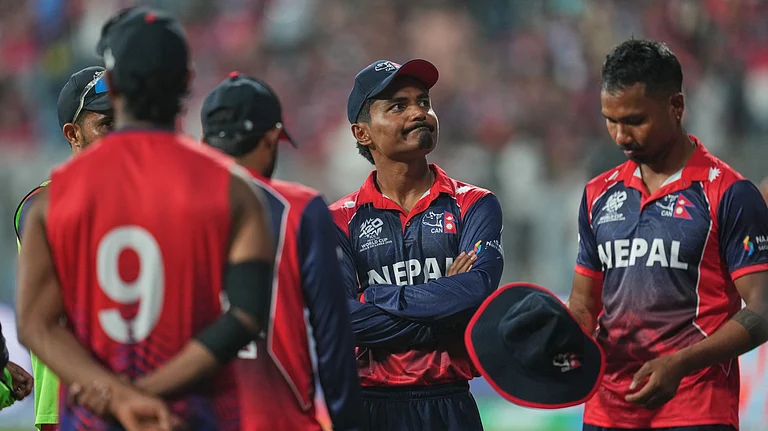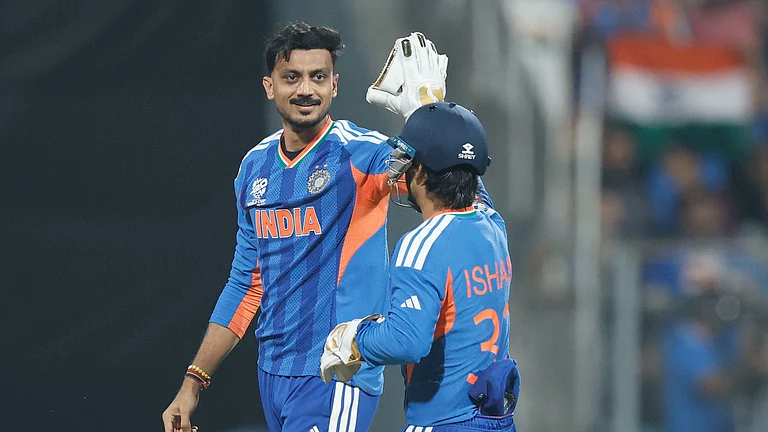The Mumbai police took a significant step in the pursuit of justice on Monday as they submitted a substantial chargesheet before a special court against Tahawwur Rana, a Pakistani-origin Canadian businessman, for his alleged involvement in the November 2008 terror attacks in the city. This over 400-page chargesheet, assembled by the Mumbai police's crime branch, has now been handed over to the court's registry.
Tahawwur Rana, currently detained in the United States, awaits the legal proceedings ahead. According to a government lawyer, the document is scheduled for review by the special court on Tuesday after completing the necessary verification process.
In a development welcomed by Indian authorities, a U.S. court had previously approved Rana's extradition to India back in May, paving the way for his trial in connection with the 26/11 Mumbai attacks.
The 26/11 Mumbai attacks, which began on the evening of November 26, 2008, were a series of coordinated terrorist strikes that shook the city. Ten terrorists infiltrated Mumbai from Pakistan via a sea route and carried out a wave of attacks, resulting in the tragic loss of at least 174 lives, including 26 foreigners. The attackers targeted prominent locations like the Taj Mahal Palace Hotel and the Nariman House, known for their symbolic significance. It's noteworthy that the Lashkar-e-Taiba (LeT), a Pakistan-based terrorist organization, orchestrated these attacks, driven by its hostility toward India and Israel.
The founder of LeT, Hafiz Saeed, designated as a terrorist by the United Nations (UN), has expressed intentions to propagate Islam globally while considering India, Israel, and the U.S. as its prime adversaries. Saeed's extremist ideology provided the impetus for these brutal attacks.
The LeT terrorists struck multiple sites in Mumbai, including Chhatrapati Shivaji Railway Station, Leopold Cafe, Cama Hospital, Nariman House, and the Oberoi Trident and Taj Mahal Palace hotels. Notably, one of the terrorists, Ajmal Amir Kasab, was captured alive and played a crucial role in unraveling the terror plot.
Tahawwur Rana, a 62-year-old Pakistani-origin Canadian businessman and former doctor in the Pakistan Army, deserted the military to seek a new life in Canada. After obtaining Canadian citizenship in 2001, he relocated to Chicago, where he established various businesses, some of which were allegedly used as cover for terror-related activities.
In 2011, Rana faced legal repercussions in the United States related to a plot targeting a Danish newspaper over cartoons of Prophet Mohammed, though he was acquitted of charges related to the 26/11 attacks. Notably, Rana had connections with Pakistani-American David Coleman Headley, a key figure in planning the Mumbai terror attacks. Headley, who cooperated with U.S. authorities, provided crucial testimony that contributed to Rana's conviction in the Danish newspaper plot.


























